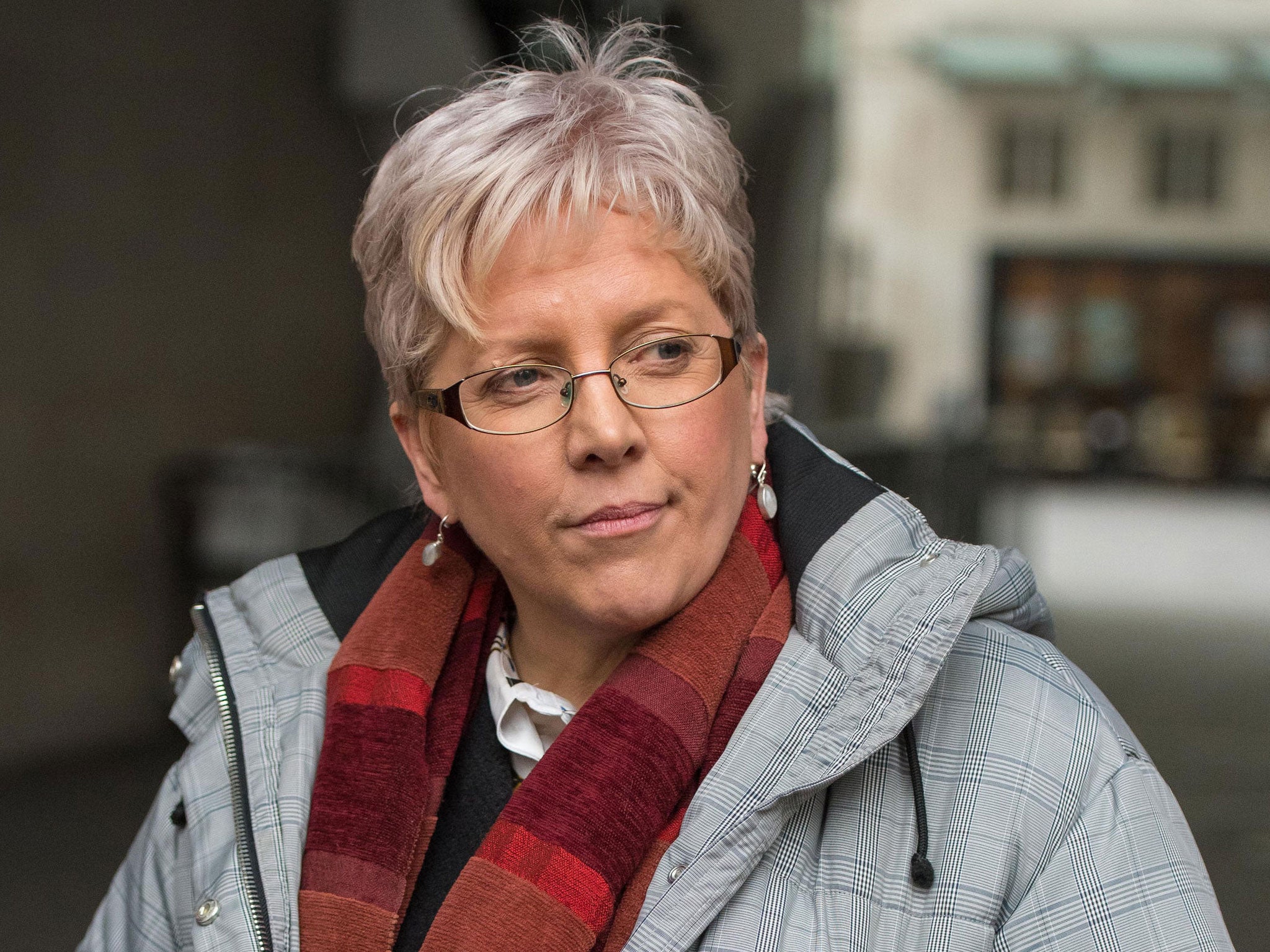BBC insists 'no evidence of gender bias' despite 6.8% pay gap between male and female on-air staff
Corporation blames ‘lack of clarity and openness’ and ‘absence of pay ranges for on-air roles’

Your support helps us to tell the story
From reproductive rights to climate change to Big Tech, The Independent is on the ground when the story is developing. Whether it's investigating the financials of Elon Musk's pro-Trump PAC or producing our latest documentary, 'The A Word', which shines a light on the American women fighting for reproductive rights, we know how important it is to parse out the facts from the messaging.
At such a critical moment in US history, we need reporters on the ground. Your donation allows us to keep sending journalists to speak to both sides of the story.
The Independent is trusted by Americans across the entire political spectrum. And unlike many other quality news outlets, we choose not to lock Americans out of our reporting and analysis with paywalls. We believe quality journalism should be available to everyone, paid for by those who can afford it.
Your support makes all the difference.The BBC has found its male on-air staff are paid on average 6.8 per cent better than their female counterparts, but the corporation insists there is “no evidence of gender bias in pay decision-making”.
The review, commissioned by the broadcaster and carried out by PricewaterhouseCoopers, said the gender pay gap was due to a “lack of clarity and openness” about how salary decisions were made and an “absence of pay ranges for on-air roles”.
BBC Women, a group that represents female journalists and producers, said they have “no confidence” in the review and that they had been “excluded from the process”.
The 6.8 per cent gender pay gap for on-air presenters, editors and correspondents in news and news-related areas was lower than the 9.3 per cent BBC average.
In lower-profile roles, the gap is 12.6 per cent, “driven mainly by broad pay ranges and by the mix of men and women at different levels”.
Women at the BBC have said that they had faced “veiled threats” while trying to broach the subject of equal pay.
The BBC said that it would “accelerate” its work to achieve 50/50 representation across the corporation by 2020.
“Through the year, we will continue to make changes to our on-air lineups at a faster rate,” the BBC said.
Tony Hall, the corporation’s director general, said: “The BBC believes in equality. No one should be paid differently because of their gender.”
He added: “Today’s report does not find evidence of gender bias in decision-making, but it shows that we have real and important issues to tackle, particularly in some areas of news and current affairs, and I’m determined to get it right. The plans we’re setting out today go further and are more important steps in modernising the BBC and making it fairer.”
BBC Women said in a statement: “The on-air review should not be confused with an equal pay audit of all the BBC’s presenters, on-air editors and correspondents.
“It has been focused on news and news-related areas, therefore excluding some high earners. There’s been no transparency on which individuals were included or why.
“The BBC has chosen who to compare with whom, and what factors justify any gaps in pay. The only mention of equal pay in the letter of engagement with PwC refers to an ‘assessment of equal pay risks’.
“We hope today’s commitment from the director general to put equality at the heart of what the BBC stands for results in swift and meaningful change for women in all roles and at all levels at the organisation.”
Last year, a list of the BBC’s biggest earners, topped by Radio 2’s Chris Evans on more than £2m, revealed a gap in the pay packets of its best-known male and female stars.
The BBC’s China editor Carrie Gracie resigned from her role in protest at inequalities.
Ms Gracie and Lord Hall will appear in front of the Digital, Culture, Media and Sport Committee on Wednesday.
Broadcasters John Humphrys, Huw Edwards, Nicky Campbell, Jon Sopel, Nick Robinson and Jeremy Vine have agreed to reduce their salaries.
MPs preparing to question Lord Hall have said there is evidence the BBC has a “deeper cultural problem” with gender pay than the gap revealed in its list of top-earning stars suggests.
A previous pay report, commissioned by the BBC, concluded there was no evidence of systemic gender discrimination.
The BBC has proposed a £320,000 cap on its news presenters’ salaries, according to BBC News.
Additional reporting by PA
Join our commenting forum
Join thought-provoking conversations, follow other Independent readers and see their replies
Comments